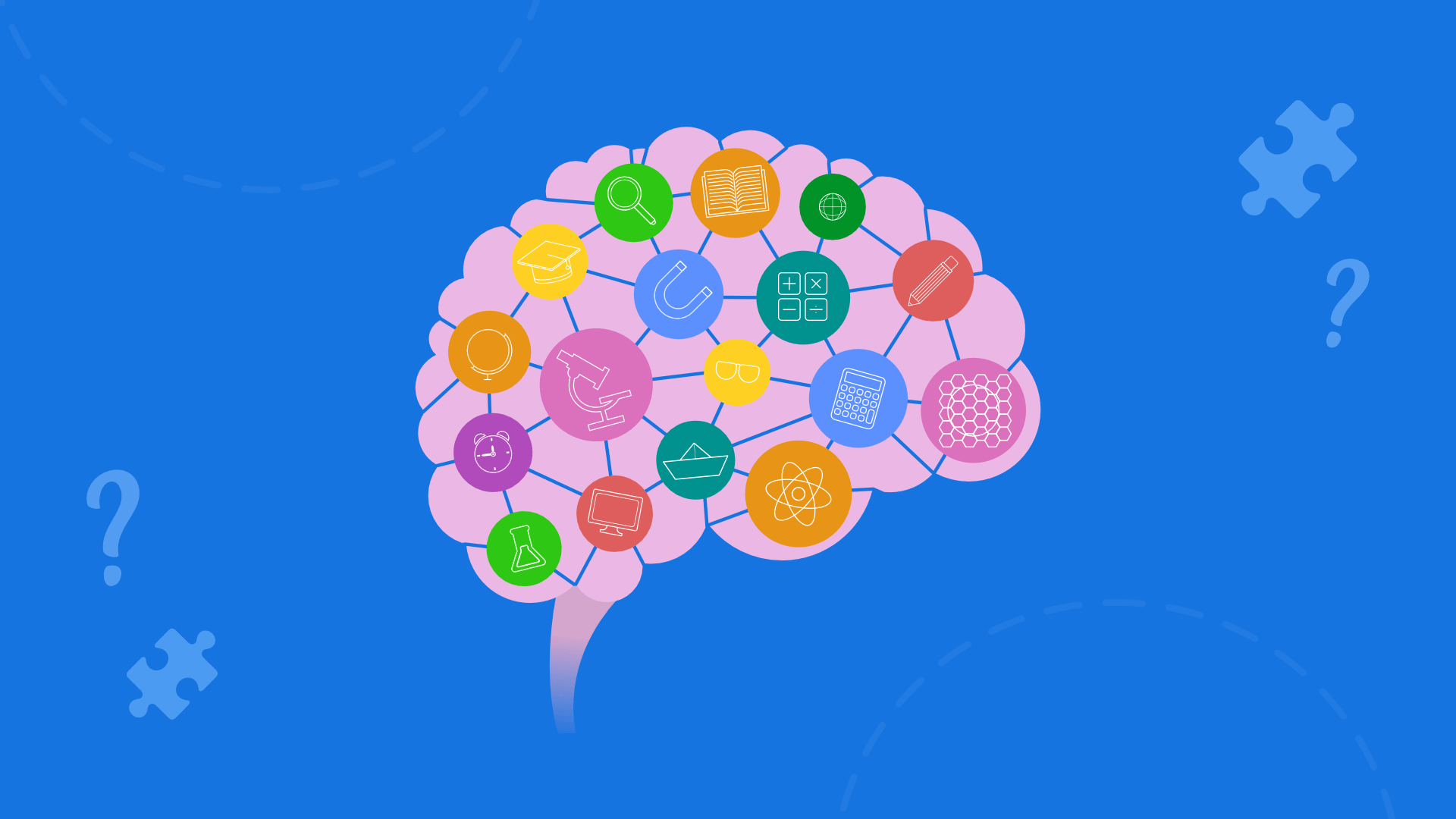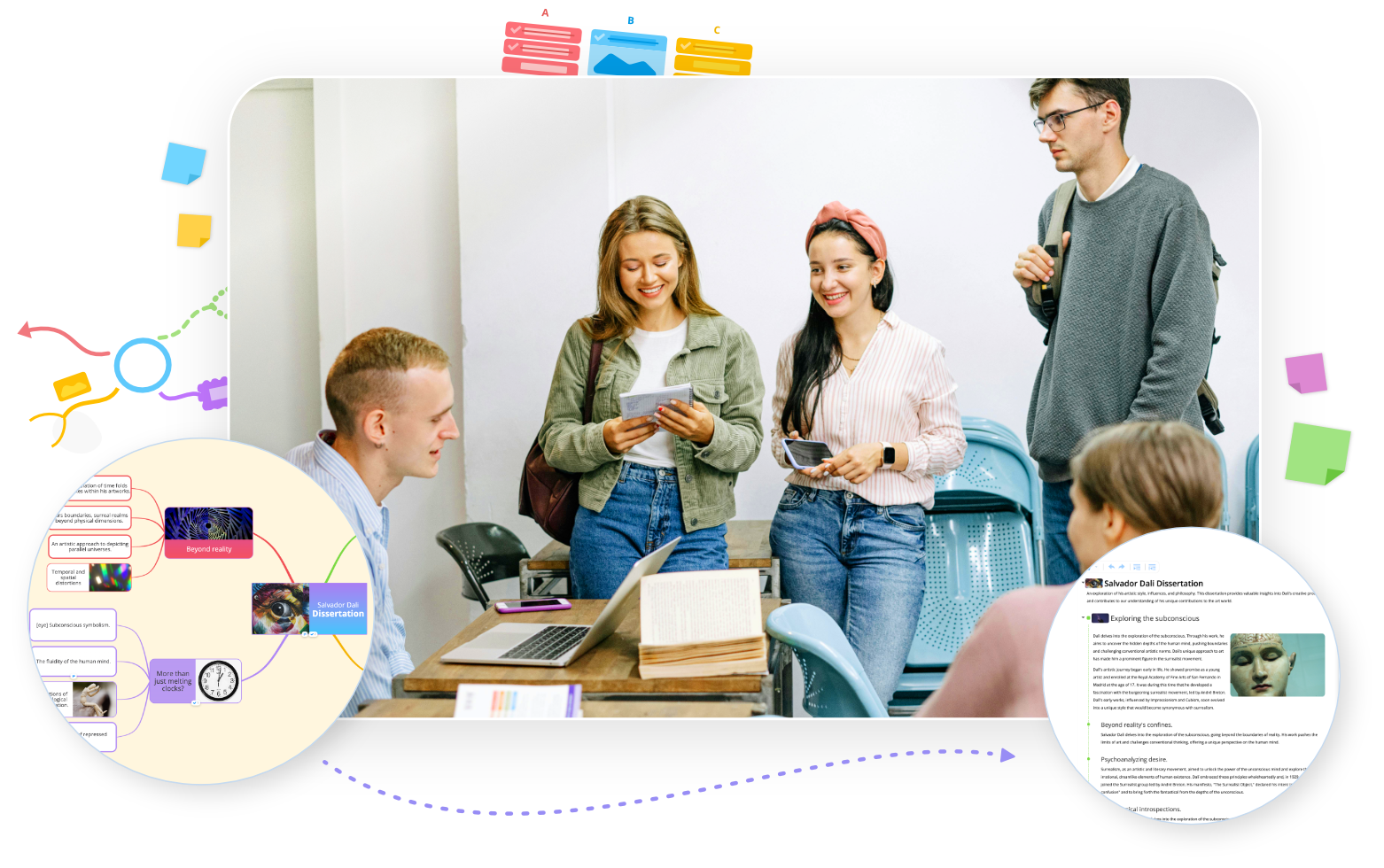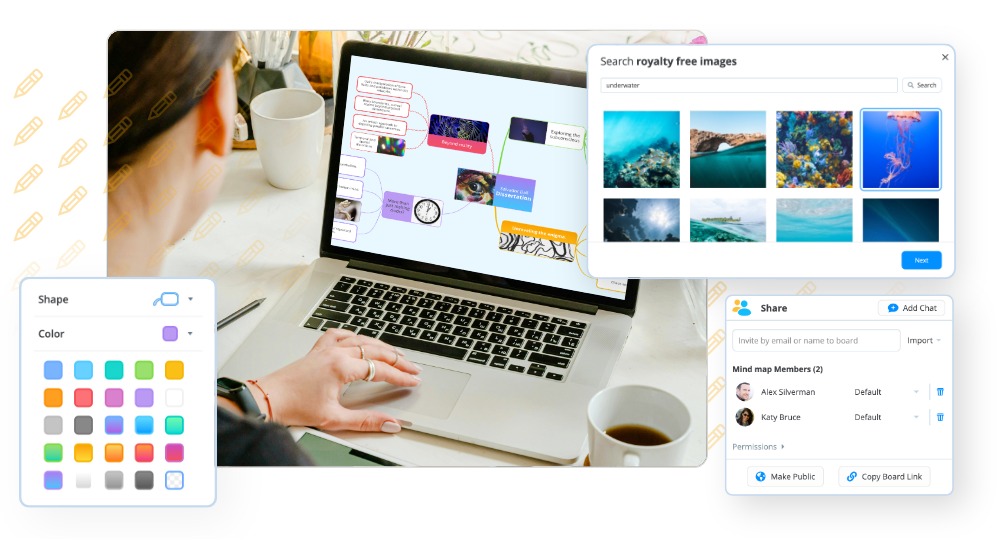Charles Kettering once said: “Knowing is not understanding… you can know a lot about something and not really understand it.” This is an important distinction when it comes to neurodiversity because knowing about neurodivergence is not enough, it needs to be truly understood in order for there to be real representation, empathy and inclusion in the workplace.
Of course, knowing is still an important step on the way to real understanding. Neurodivergence does not refer to a single condition, and instead references a number of neurological differences including – but not limited to – dyslexia, dyspraxia, autism and ADHD. To put it another way, to be neurodivergent is to have a brain which learns, processes or behaves differently than is deemed “typical” (or “neurotypical”). The outcomes of these differences may present in various ways, and it’s important to understand that the conditions in and of themselves should be treated as neither “negative” or “positive” but simply neutral.
Of course, many people have pointed out the benefits which may come from processing information differently. The same way some people might have an aptitude for sorting data, or working with language, being able to think differently can be associated with particular skills and advantages. Still, it’s important not to make assumptions or generalisations which can lead to tokenisation.
Films such as Rain Man can sometimes wrongly give the impression that neurodivergence is a super power – or that it involves some sort of trade off with certain “normal” faculties being exchanged in return for abnormal mental strengths elsewhere. The truth is that there are as many shades of neurodivergence as there are people, interests, skills and abilities and to suggest otherwise is at best clumsy and at worst demeaning.
Still, as we learn to prize inclusivity on both a societal and human level, it should go without saying that helping people “see” and understand neurodiversity is incredibly important to a fair and prosperous society. Keep reading to find out more.
What is neurodiversity?
The terms “neurodiversity” and “neurodivergent” are often used interchangeably – yet they actually refer to slightly different things. While an individual can be neurodivergent, they can’t be neurodiverse. Instead, “neurodiverse” refers to the diversity of neurological makeups which exist within various collectives – whether that’s in the workplace, in a classroom, or in the general population.
Neurodivergence is very common, with the University of Edinburgh reporting that 1 in 7 people are neurodivergent. In other words, in any setting with seven or more people, chances are, at least one person is neurodivergent (whether they are formally diagnosed or not). That’s why it’s important to strive for understanding of neurodiversity as a whole. This means not referring to any one condition or person, but the rich variety which exists within every group and can be celebrated through proper inclusion and representation.
Deepen understanding
Now that we’ve covered the basics of what neurodivergence is, it’s time to look at how we can spread true awareness and understanding of its meaning. If you want to level up from simply “knowing” to “understanding” – you need to hear first-hand accounts of what it’s like to be neurodivergent in the world today. This could involve reading blogs, watching videos, or talking to a neurodivergent person in your life who is happy to share their experiences with you. Doing this will help you understand more fully the various ways people can experience neurological differences, and – crucially – what barriers they experience when moving through the world.
Celebrate variety
As they say, variety is the spice of life. Neurodiversity is a beautiful thing – if we were all the same the world would be much poorer for it. One important way to ensure that people see neurodiversity is to become more attuned with the way individuals make up the collective. When we celebrate individual strengths, as well as accommodating any differences, we are at our best as a community. When we rejoice in the rich variety of experiences and ways of seeing the world – offering empathy rather than judgement – we also naturally support neurodiversity and help to secure a more comfortable atmosphere for neurodivergent individuals to be their true selves.
The importance of representation
So, what about this matter of “seeing” neurodiversity – what exactly do we mean by it? Well, representation is incredibly important to our own sense of identity. Oftentimes, people with marginalized identities have lacked role models and stories of success or aspiration to model themselves on. When we’re able to see ourselves in the stories of others, we know that we have the ability to do what those before us have done. Equally, being seen and understood means that proper care can be taken to accommodate people correctly. Whether that’s having left-hand friendly scissors in school or offering step-free access in the workplace. Similarly, adjustments made to ensure the workplace is accessible to neurodivergent individuals ensures equality and lets those employees know they are “seen” and “understood”.
All in all, by practising empathy, applying knowledge, and taking time to listen to the needs of others we can create a fairer society which enables all individuals to thrive personally and collectively.


